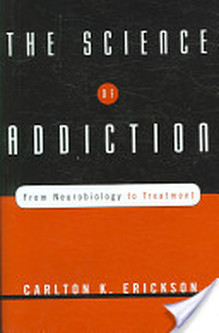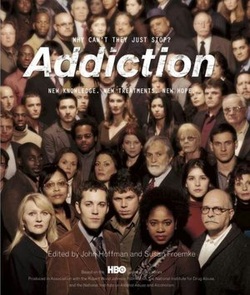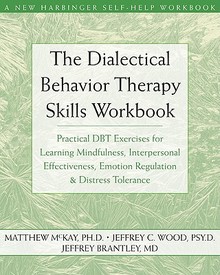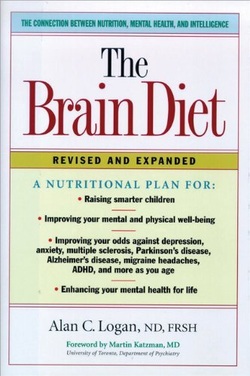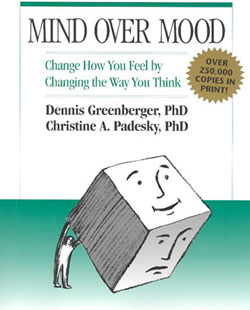Recommended Reading
The Science of Addiction
|
Addiction: Why Can't They Just Stop?
|
The Dialectical Behavior Therapy Skills Workbook
|
The Book of Awakening
|
_The Brain Diet: The Connection Between Nutrition & Mental
Health,
|
Mind Over Mood
|
